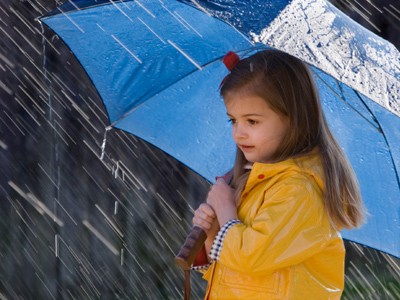
The Water Cycle 01
This KS3 Geography quiz takes a look at the water cycle. Each year approximately 120,000km3 of water falls as precipitation on the land masses of the world and about 460,000km3 falls on the seas and oceans. Rain is liquid precipitation, as opposed to non-liquid kinds of precipitation such as snow, hail and sleet. Rain, snow and sleet are part of the water cycle. The water cycle is a way of describing how water is circulating on our planet.
All the world's ecosystems rely on water which mostly falls as rain. Water is constantly evaporating from the oceans, lakes, rivers, ponds and so on. This passes into the atmosphere and becomes part of the air. Warm air can hold more water vapour than cold air. When a mass of warm and cold air meet, the warm air rises above the cold air. This is called a front.
Ready for more?
not all...
quizzers. Try to win a coveted spot on our Hall of Fame Page.







